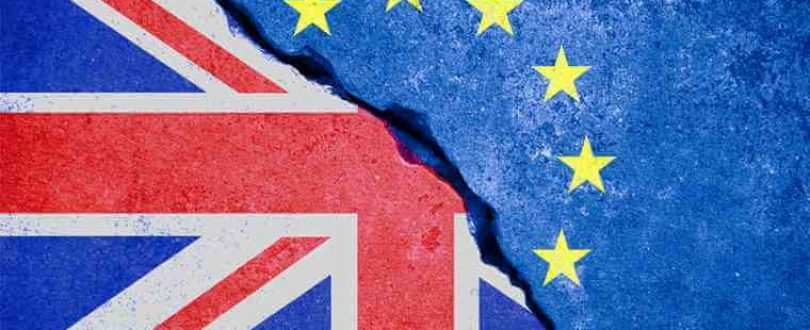
Cultural Sector May Suffer Without Post-Brexit Visa Agreements.
Post-Brexit UK will struggle to attract talent in the cultural sector if it applies to EU nationals the same restrictions that are currently applied to third-country nationals.
A recent report called “Brexit: movement of people in the cultural sector”, published by the UK House of Lords, identifying the potential impact on the cultural sector of post-Brexit immigration restrictions, suggests that the UK has to make reciprocal arrangements for the movement of people between the UK and the EU to prevent a dwindle in skilled cultural sector workers coming to the country.
According to the report, the cultural sector makes a very important contribution to the economy and society of the United Kingdom, as well as its international image and influence. Therefore, it suggests that the UK Government needs to be flexible since any decline in the number of skilled workers from the EU would damage the cultural sector in the country and cause a notable loss to the audiences that benefit when talents from the EU perform in the UK.
The House of Lords report also states that UK negotiators must take into account that any restriction applied to EU citizens wishing to enter the UK, may cause the same response by the EU, applying restrictions to Britons working in any of the EU member states.
As a result, the second chamber of the UK Parliament has come up with the proposal that the government shall consider two options as the solution to the case, both of which recognize the importance of freedom of movement between the UK and the EU:
- Extending the allowed paid activity and permit-free festival arrangements to EU citizens, and
- Offering a multi-country, multi-entry short-term “touring visa” for EU citizens, and seeking a reciprocal commitment of UK citizens traveling to the EU.
The report “Brexit: movement of People in the Cultural Sector” by the House of Lords, is built in the previous one published in March 2017, called “Brexit: UK-EU Movement of people”, which examines the possible arrangements for the movement of EU citizens in the UK after March 29, 2019.
Post-Brexit travel arrangements between EU and UK
Following the referendum of 23 June 2016, which showed most Britons wanted the UK to withdraw from the European Union, the Government has made clear its intention to end the free movement of persons between the UK and EU, thereby “taking back control of the UK’s borders”.
Though it is still unknown how traveling will be arranged, while only nine months remain from the date Britain finally leaves the EU, there are some suggestions.
Post-BREXIT traveling for British citizens to the EU will most likely be arranged through the ETIAS program. The European Travel Information and Authorization System, which will start operating in January 2021, is a program that allows the citizens of countries that don’t have a visa facilitation agreement with the EU to enter the Schengen Area with only travel authorization obtained online, for a fee of 7 euros. The process is simple and quick, and the British nationals will most likely fall under this scheme.
At the end of April, when the European Parliament representatives and the European Council Presidency agreed on the establishment of the ETIAS, Briton citizens and tabloids did not hesitate to show their disapproval of the program.
As per EU citizens traveling to the UK, early this year Tory MP Craig Mackinlay had proposed that the United Kingdom should charge EU travelers £10 for a one-entry visa after Brexit, which initiative according to him would add £150m a year to the budget of the country.
On the other hand, earlier this month Home Secretary Sajid Javid sparked fury among the UK ministers after he told the Home Affairs Select Committee that the UK might never introduce a visa regime for EU citizens, even after Brexit finalizes on March 29, 2019.

